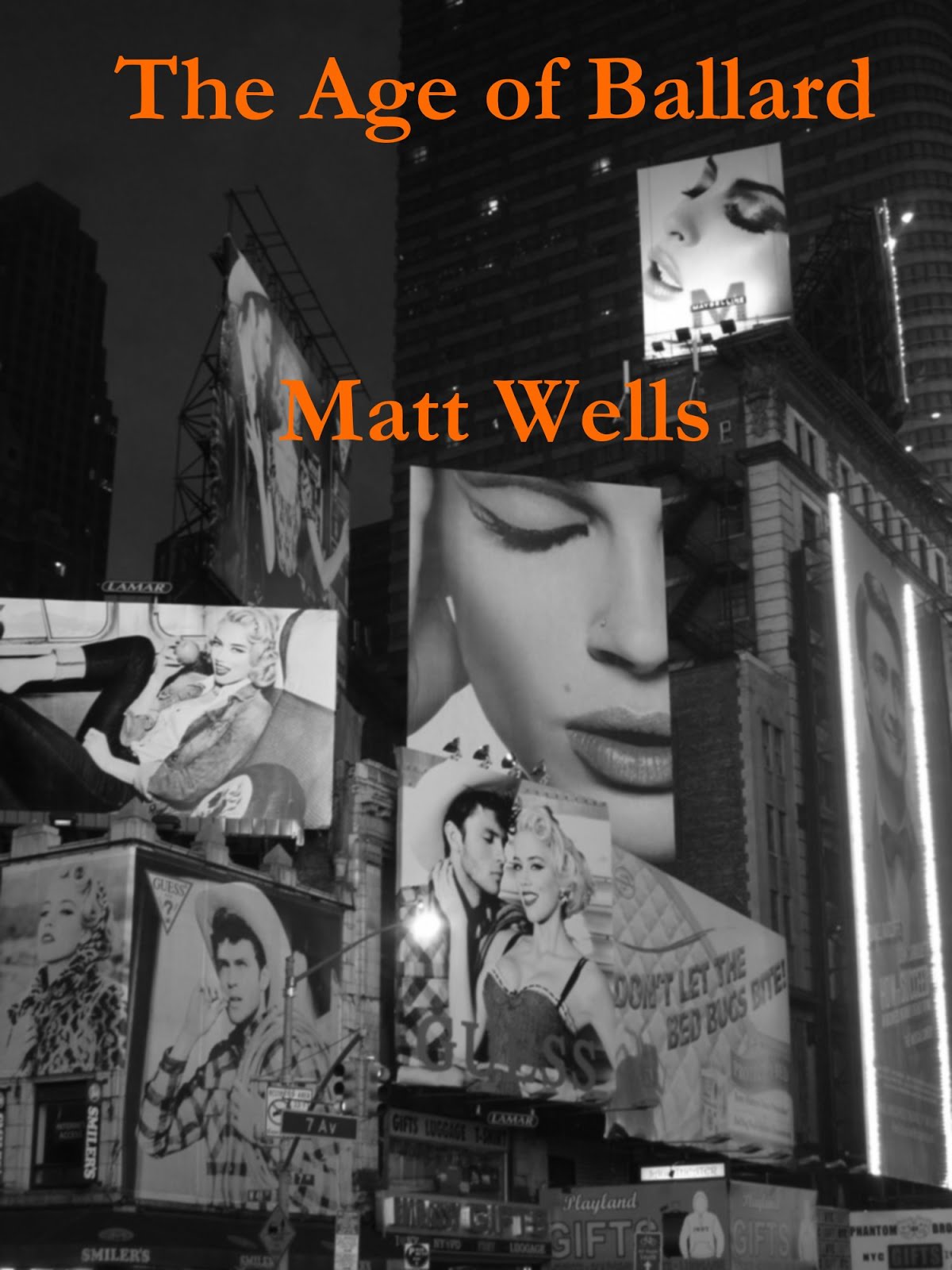See it with someone whose brains you want to unspool.
Ben Affleck is a great Nick because he’s Ben Affleck. All the things people say they hate about
Ben Affleck’s acting make him the perfect Nick. They’ll claim he’s just being himself, or tapping into the inner
Nick that his hate-fans have seen in everything from Pearl Harbor
to Argo. And his love-fans
will rush to his defense, and in the end it really doesn’t matter because what
he’s doing, either consciously or unconsciously, works for the character. Except he’s all buff. Not buff like a New York magazine writer,
but buff like somebody who’s secretly a superhero (oh; right).
Rosamund Pike is a great Amy because nobody knows who she
is. Unless you remember her as the
Bad Bond Girl from Die Another Day, the pretty sister in the
Keira Knightley Pride & Prejudice, Andromeda in the Clash
Of The Titans sequel, I-forget-who in An Education, the
girl in Reacher, and the girl in The World’s End. In which case you’ve been waiting for her to
hit it big for a good ten years now.
Rosamund Pike is so obviously overdubbed it sounds like
it might be someone else’s voice.
Seriously. For half the movie,
her vocal timbre screams SOUND BOOTH.
Whoever was in charge of ADR for this movie (there are three mixers, one
looper and one editor—Gwendolyn Yates Whittle—in the credits) deserves a Razzie nomination.
Drawbacks for those who have read the book. Two, for me anyway. The book goes into great detail about Amy
and Nick’s personal histories, which makes them more then just
caricatures. The movie doesn’t—Nick’s
Dad makes only one brief appearance, and Amy’s folks are bland and
forgettable. And one story of
friend-revenge is eliminated, leaving only a history of lover revenge, which
turns a character trait into a sexual trait.
That bugged me.
The ending is the same as the book. Me, I didn’t have a problem with it in the
book, or the movie, mostly because I saw it as a homage to the kind of ending
Jim Thompson would have given these characters. But I also understand why the ending pissed a lot of people
off. (And we can have a spoiler-unfree
conversation about this whenever you like.)
It’s a roller coaster ride. Even more than the book, the twists and turns come so fast that
the film feels like an edited-for-theatres version of a ten-episode HBO series
with a twist at the end of every episode.
And it’s really really funny. All kinds of funny: clever funny, crude funny (the wood
line), sick funny, over-the-top funny, and (best of all) Tyler Perry funny.









